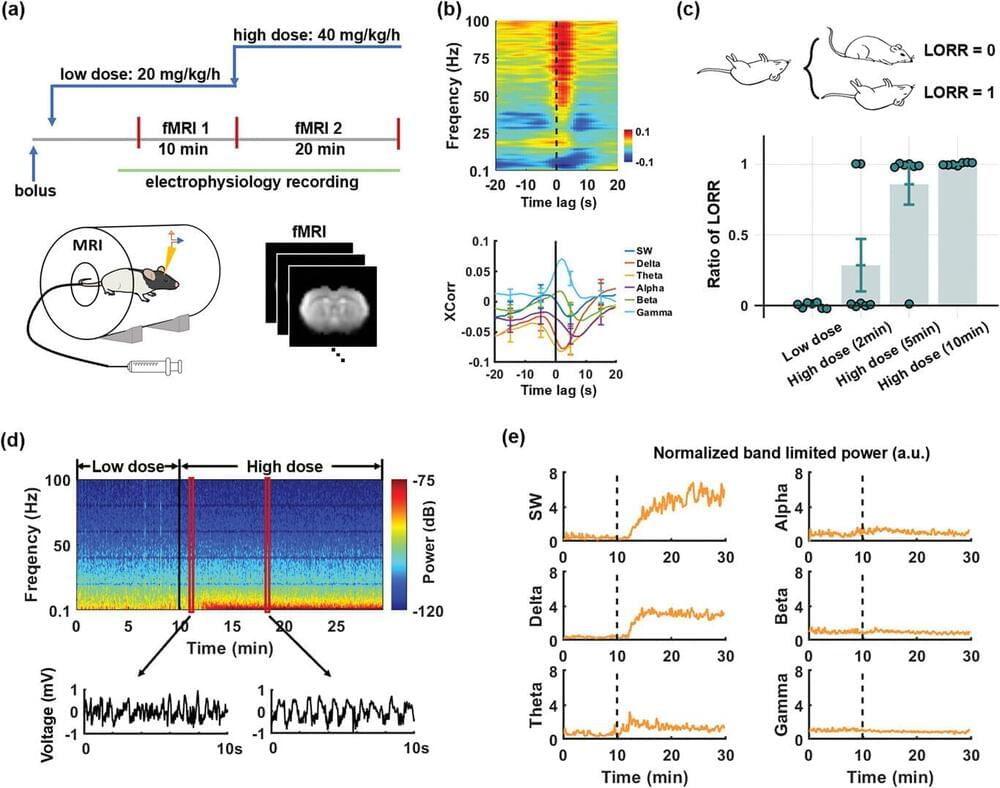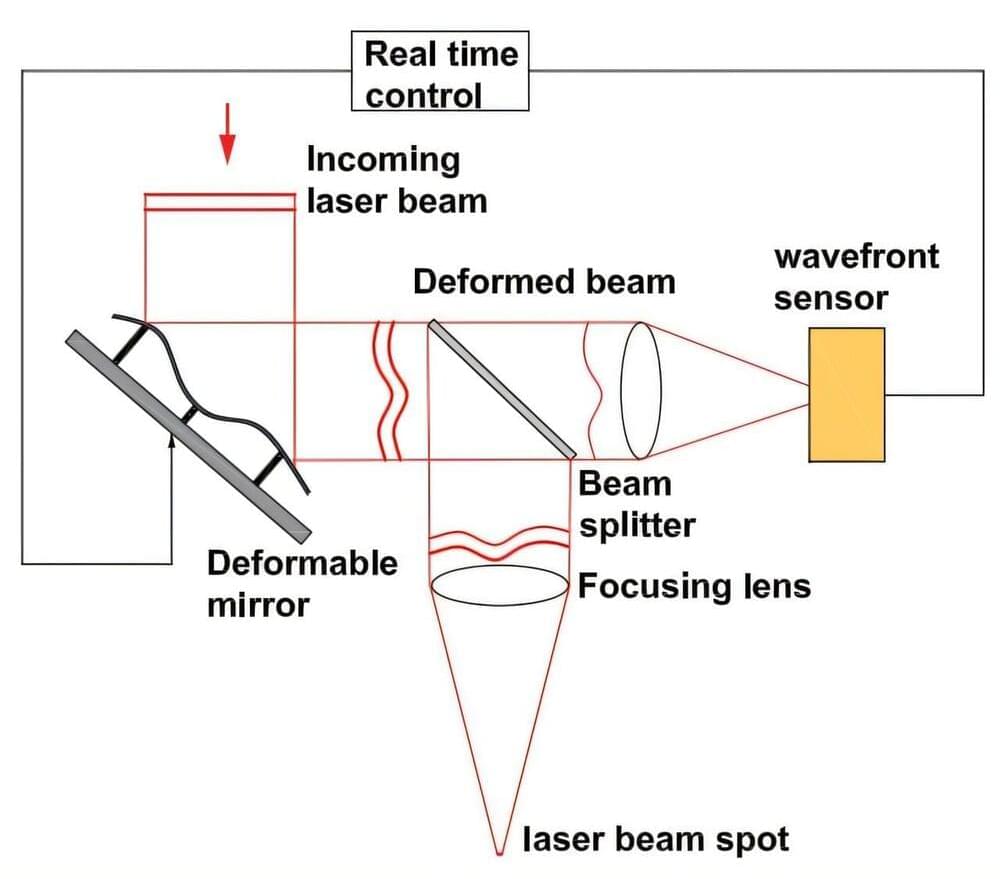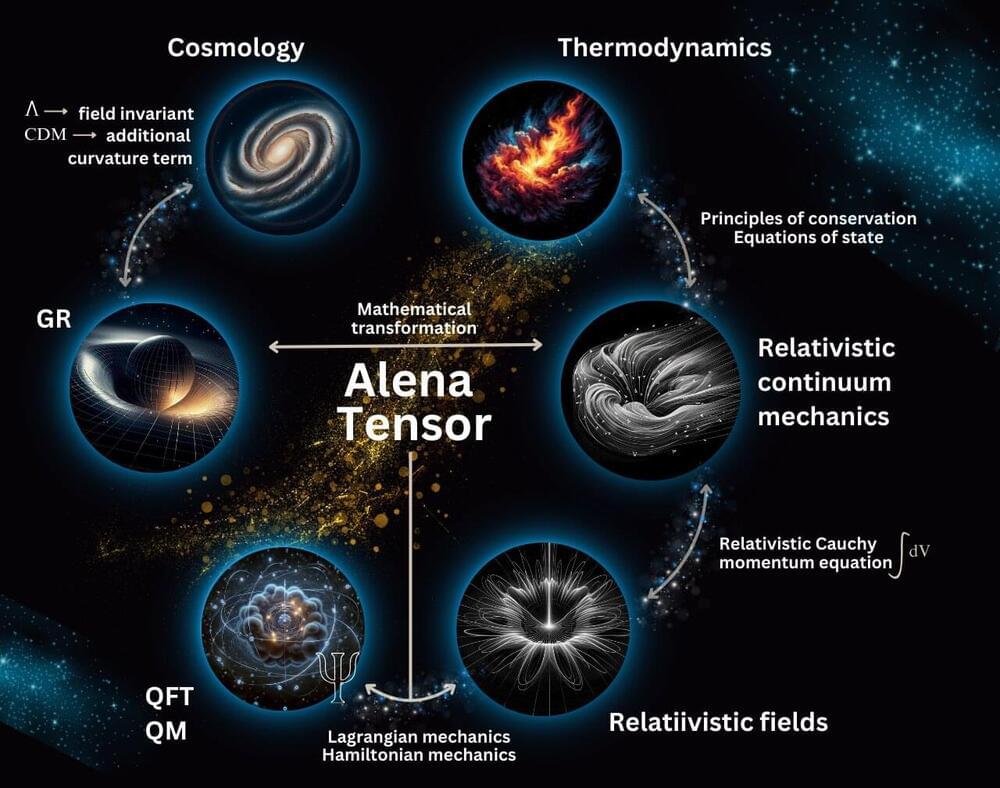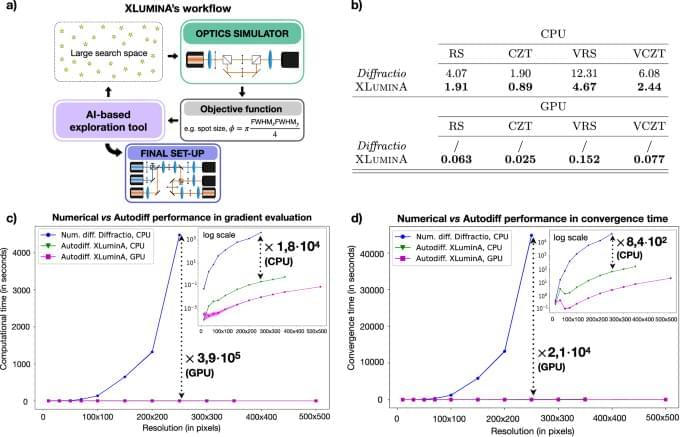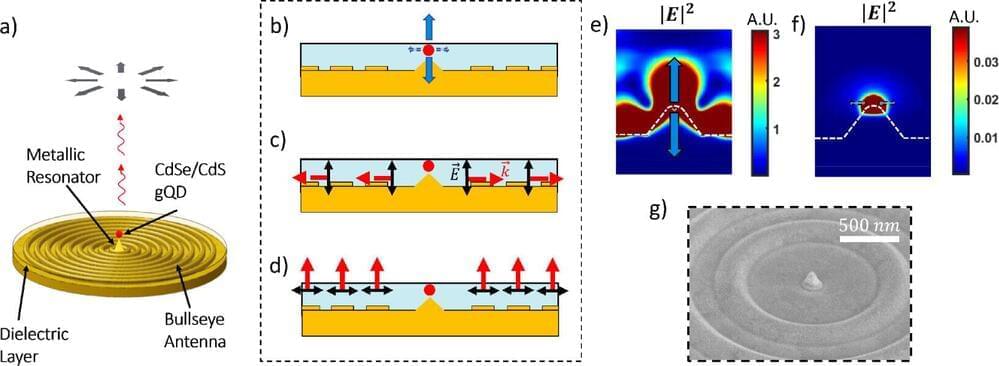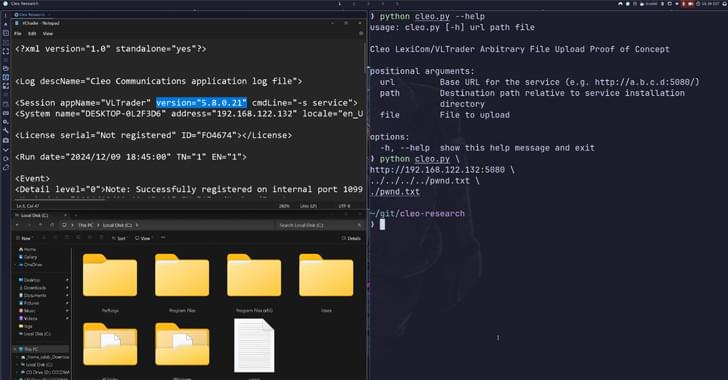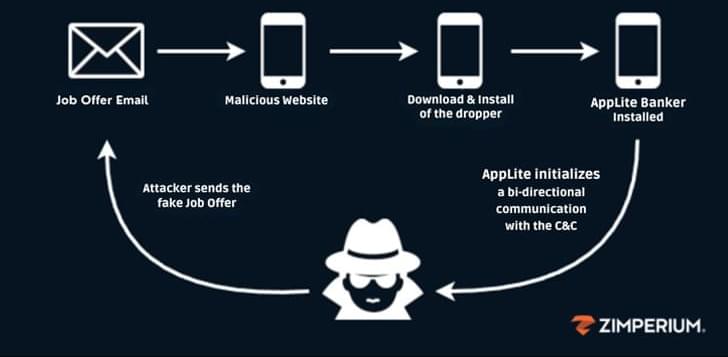The shift from an awake state to unconsciousness is a phenomenon that has long captured the interest of scientists and philosophers alike, but how it happens has remained a mystery—until now. Through studies on rats, a team of researchers at Penn State has pinpointed the exact moment of loss of consciousness due to anesthesia, mapping what happens in different brain regions during that moment.
The study has implications for humans as well as for other types of loss of consciousness, such as sleep, the researchers said. They published their results in Advanced Science.
“People in the neuroscience field generally understand what happens to a patient who is going under anesthesia at a molecular level,” said corresponding author Nanyin Zhang, the Dorothy Foehr Huck and J. Lloyd Huck Chair in Brain Imaging and professor of biomedical engineering at Penn State.
